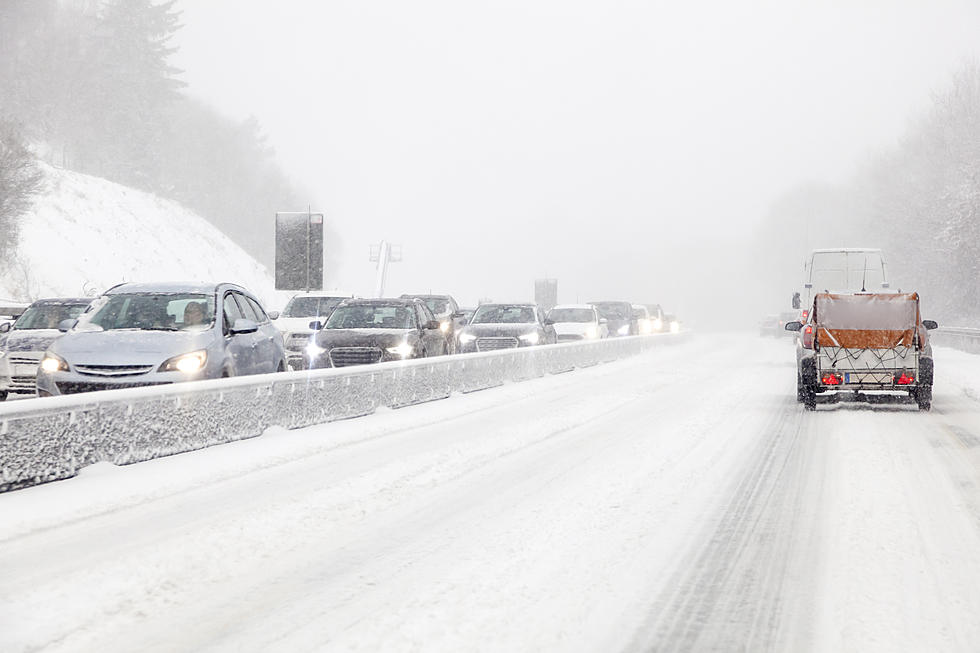
Precautions To Take Before The Disaster Strikes
Flooding is underway on Washington rivers. Violent storms have pounded the Midwest and South. Disaster waits around the corner. Are you prepared for life after the event? According to Jana Castanon, spokesperson for Apprisen, the consequences of not having your information stored in a safe place prior to a disaster could cost you time and money. Here are a few items to keep in mind should the unthinkable come to call.
- Be Able To Identify Yourself – Have copies of all of your family’s vital information: Driver’s License, Passport, Birth Certificates, Medical Records, and Current Photos.
- Record Your Financial Information - Create a log of all your financial records: bank accounts, investments, insurance, and credit cards. Include account numbers and contact information.
- Inventory of Your Home’s Valuables – Invest in hiring a reputable, independent home inventory service to photograph and record all valuables in your home to make sure you receive an accurate insurance settlement.
- Have Cash on Hand – Place a small amount of money, in small denominations, in your fireproof box at home. This should be enough to provide you with basic necessities.
This information should be stored in multiple locations and in multiple formats. Redundancy is the key to ensure you can get to this information as quickly as possible. In addition to paper copies, download this information on a flash drive or CD and register it with an online data storage site which can be accessed immediately at any time. Place a copy in a fireproof box at home or in a deposit box at your financial institution, and give a copy to a trusted friend or relative that does not live in your area. Having this information in multiple locations allows it to be accessed quickly, when it matters most.
More From News Talk KIT









